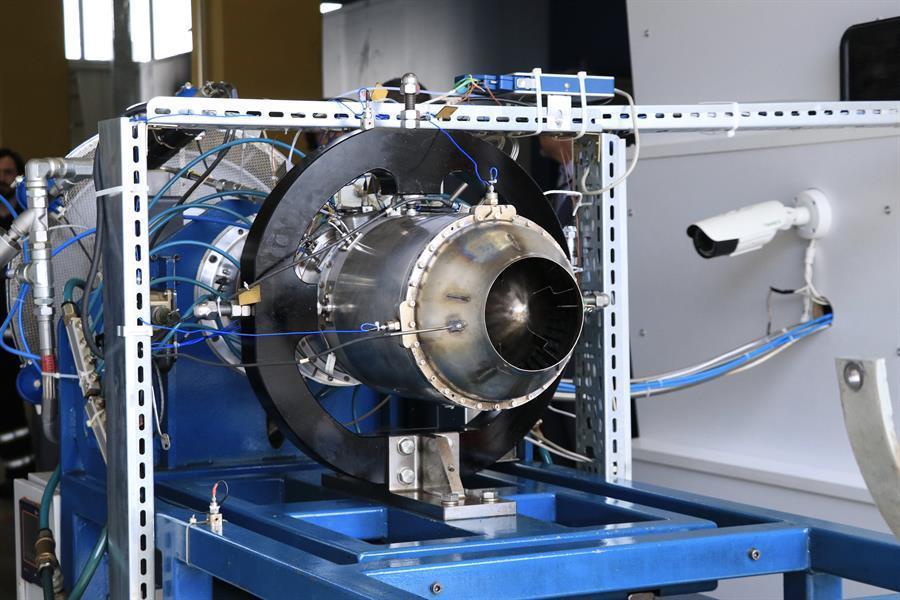
Turkey’s Kale Group has successfully tested the country’s first domestically developed turbojet engine, KTJ-3200, at facilities located in Istanbul’s Tuzla district.
The engines will be initially installed on stand-off missiles (SOM).
Kale has developed the engine with the support of the Presidency of Defense Industries.
Osman Okyay, the vice president of Kale Group, noted that the company started working on the turbojet engine back in 2012, and the engine has passed all the tests successfully.
“We want to integrate the engine with cruise missiles by the end of this year, and we also aim at further developing them so that those engines could be used on unmanned drones,” Okyay said.
Kale targets to become one of the few global plane engine producers, he added.
Design and development of the KTJ-300 engine cost some $50 million.
If disagreements between Ankara and Washington curb parts orders and exclude Kale Group from the F-35 project, then any lost sales would be offset by turning to civil aviation, Reuters quoted Okyay as saying.
U.S. officials have suggested Turkey buy the U.S. Patriot missile system rather than the S-400, arguing it is incompatible with NATO systems and is a threat to the F-35 fifth-generation stealth aircraft.
“There has been no impact on our business so far,” Okyay told reporters on April 29.
“These are large, complex parts, and manufacturing continues uninterrupted. We have a five-year backlog of orders.”
Kale Group and its subsidiary manufacture the cockpit and front fuselage parts for the F-35.